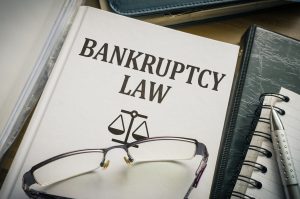It’s no secret that years of corporate research indicate that strategic debt can be beneficial for a business. Taking on corporate debt may confer certain tax benefits, and debt can be used to grow earnings and increase the value of the company. Companies may also be able to create higher returns on the borrowed money than the interest rate they are paying on the debt. However, too much debt or a poorly structured or executed financial strategy also negligently impact the marketability and value of a company, including Silicon Valley startups. In addition, both California startups and creditors alike must be mindful of the federal and state laws that apply to debtor/creditor relations.
Commercial Debt and The Fair Debt Collection Practices Act (“FDCPA”)
The primary federal legislation governing debtor and creditor rights is the FDCPA; however, this legislation typically does not apply to business debts. It may apply to certain late payments of commercial debts. California’s version of the FDCPA, the California Fair Debt Collection Practices Act (“CFDCPA”), while broader than the FDCPA, also typically does not apply to business debts. As such, business debtors aren’t afforded the same protections as consumers but business and their creditors also have more latitude to negotiate and structure the financial arrangement they deem most appropriate. There are few, if any, state and federal laws that regulate business-to-business debt, but the FDCPA can provide some guidance for creditors. For example, creditors should generally not:
 Money changes hands frequently in the United States, and debtors refer to people who owe money while creditors are the parties who are owed money. It can often be a contentious relationship between these two parties, and an Austin, TX creditor and debtor rights attorney can help both sides exercise their rights.
Money changes hands frequently in the United States, and debtors refer to people who owe money while creditors are the parties who are owed money. It can often be a contentious relationship between these two parties, and an Austin, TX creditor and debtor rights attorney can help both sides exercise their rights. Business Lawyers Blog
Business Lawyers Blog









